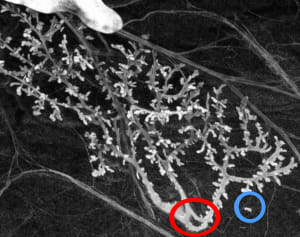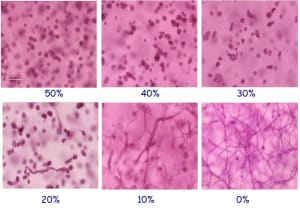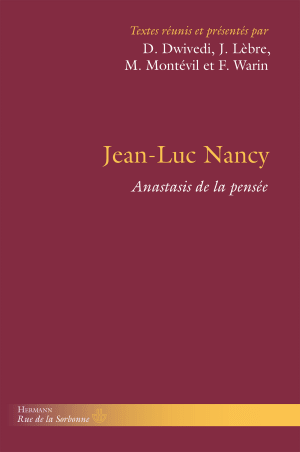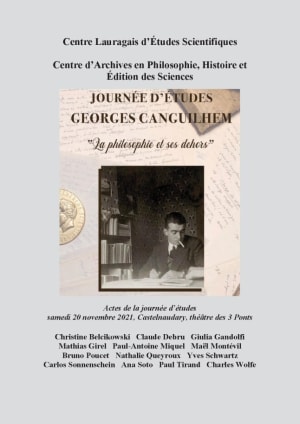
Figurer le hasard : questions de théorie
En biologie, le hasard est une notion essentielle pour comprendre les variations ; cependant, cette notion n'est généralement pas conceptualisée avec précision. Nous apportons ici quelques éléments allant dans ce sens.
Abstract
La physique possède plusieurs concepts de hasard qui reposent néanmoins tous sur l’idée que les possibilités sont données d’avance. En revanche, un nombre croissant de biologistes théoriciens cherchent à introduire la notion de nouvelles possibilités, c’est-à-dire des modifications de l’espace des possibles - une idée déjà discutée par Bergson et qui n’a pas été véritablement poursuivie scientifiquement jusqu’à récemment (sauf, en un sens, dans la systématique, c’est-à-dire la méthode de classification des êtres vivants).
Alors, le hasard opère au niveau des possibilités elles-mêmes et est à la base de l’historicité des objets biologiques. Nous soulignons que ce concept de hasard n’est pas seulement pertinent lorsqu’on cherche à prédire l’avenir. Au contraire, il façonne les organisations biologiques et les écosystèmes. À titre d’illustration, nous soutenons qu’une question cruciale de l’Anthropocène est la disruption des organisations biologiques que l’histoire naturelle a structurées, conduisant à un effondrement des possibilités biologiques.













